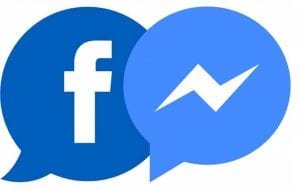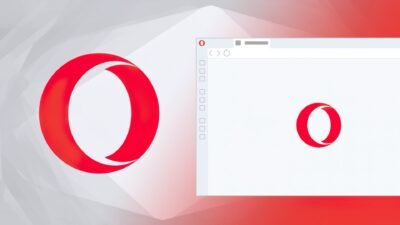Facebook Bans Researchers That Analyze Fake News

Facebook has been under observation and criticism for years because it does not check political ads well enough or because it does not do enough to counter false information. Academics doing research on the subject have been locked out of Facebook.
You don’t need to explain in more detail why Facebook has been criticized for years, and efforts are constantly being made to analyze the role of the network scientifically. And a dispute has now broken out over the role of some researchers. As The Verge reports, Mark Zuckerberg’s company has banned several New York University (NYU) scientists from its platform.
Political Advertising
As part of the Ad Observatory Project, the researchers tried to investigate the origin and distribution of political ads on Facebook. The main goal of NYU is to find out who pays for political ads and how those advertisers are targeted.
Of course, such data cannot be recorded by simply surfing on Facebook. That’s why the researchers created a browser plug-in called Ad Observer. This collects data when users see political advertisements on Facebook. The scientists emphasize that no personal data about the users is recorded.
Facebook, which does not allow itself to look into its cards, apparently does not want them to have to be laid openly on the table and, in response, has blocked the personal accounts of NYU academics.
Criticism and control undesirable
For Laura Edelson, one of those affected, the matter is clear. Facebook wants to silence critics, she writes on Twitter: “By blocking our accounts, Facebook has effectively ended our work. Facebook also has access to more than two dozen other researchers and Journalists who gain access to Facebook data through our project are effectively cut off. “
Compared to Bloomberg, it became even clearer: “Facebook silences us because our work often draws attention to problems on the platform. But the worst thing is that Facebook user privacy – a basic belief that we always put first in our work – is used as a pretext for this action. If this episode shows anything, it is that Facebook shouldn’t have any veto power over who can study it. “
Facebook Previously defended himself, saying that the researchers had collected data from Facebook users “who did not install this collection or did not consent to it”. The social network writes that they tried for months to give the researchers private and protected access to the desired data.
However, the wording used by Facebook is probably a bit misleading, because it refers to the fact that data is being tapped. However, Facebook complains above all that (presumably) the data of advertising customers is recorded – and not that of private users.
Digital marketing enthusiast and industry professional in Digital technologies, Technology News, Mobile phones, software, gadgets with vast experience in the tech industry, I have a keen interest in technology, News breaking.












